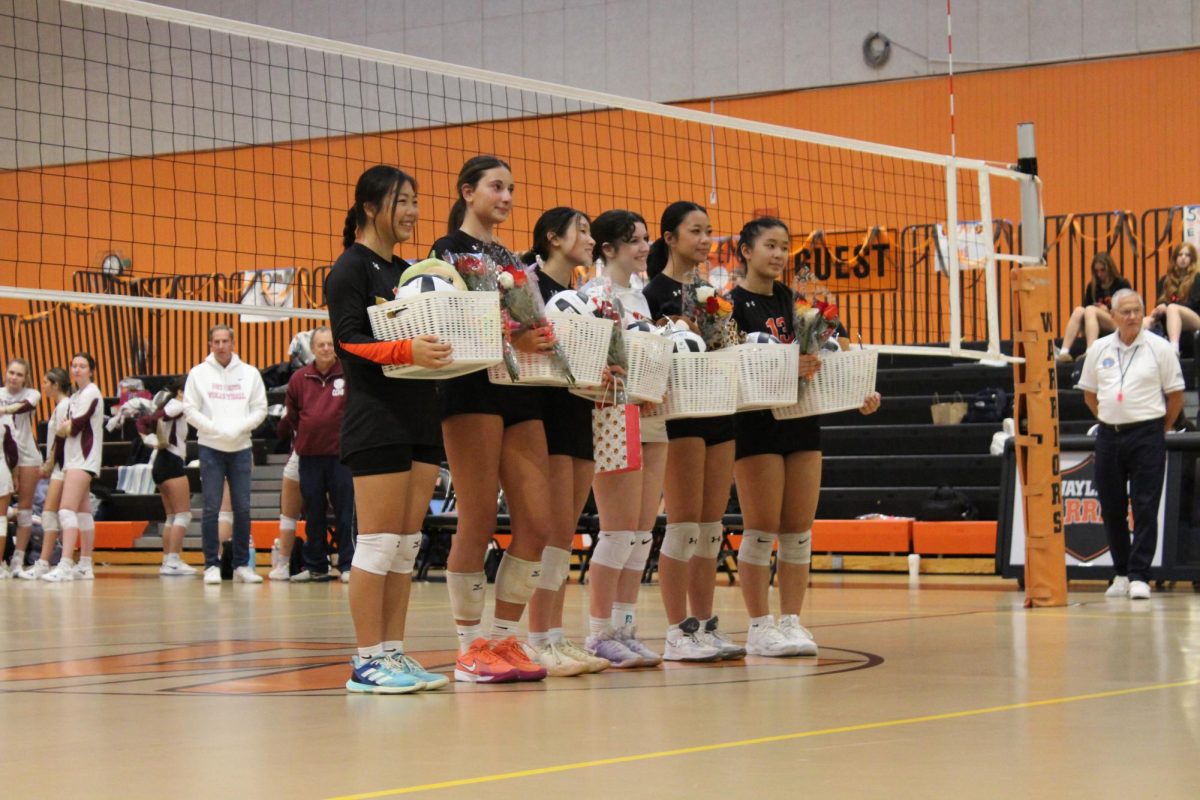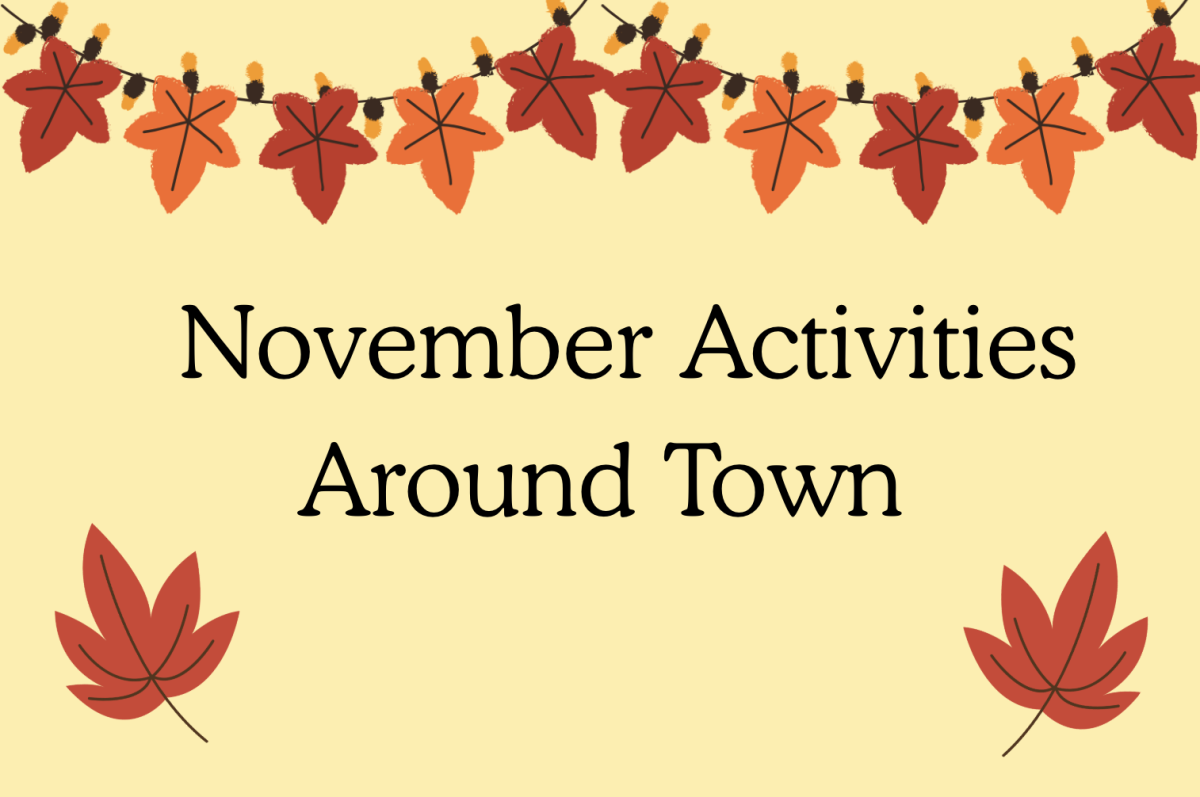Politipress: The pendulum swings back in Georgia

Credit: WSPN Staff
In the latest installment of Politipress, WSPN’s Atharva Weling discusses the new restrictive voting law in Georgia and what it reveals about the need for continued vigilance in the fight for social equality.
We all know the story. Last November, the state of Georgia broke with 28 years of tradition and voted for the Democratic ticket of Joe Biden and Kamala Harris in the 2020 U.S. presidential election. Despite numerous attempts from former president Donald Trump to pressure state officials into overturning the results based on baseless claims of election fraud, Georgia’s 16 electoral votes went to the Democrats, forming a key part of Biden’s November victory.
Just a couple of months later, Georgia history was made once more. After neither of the state’s senate elections ended with one candidate achieving a majority, Georgia held a pair of runoff elections in January to determine the winners, with control of the U.S. Senate and the vast majority of Biden’s agenda hanging in the balance. Those runoffs, which were designed to suppress the votes of people of color, resulted in the election of the first African-American and Jewish senators from the Deep South since Reconstruction: Raphael Warnock and Jon Ossoff.
These momentous occasions have been seen by many as indicative of a new trend both in our state and our country. Senator Warnock, formerly the Reverend of the Ebenezer Baptist Church, referred to it as “an Old World Order passing away” in his first sermon following his election. There’s this feeling in the air. It’s a feeling of progress, justice and reconciliation. Sure, we’ve faced some hiccups, but we are well and truly on the path to equality for all. Are we not?
The newest events in Georgia politics suggest that we are not. The state’s Republican-controlled legislature has passed a new voting bill that the Republican governor then signed into law and all of a sudden, it feels like we’re right back where we started. In response to the Democratic victories of the last few months and the completely unfounded allegations of foul play involved in those victories, the new bill has been handcrafted by Republicans to shatter minority turnout and hopefully prevent Warnock’s re-election in 2022.
The bill contains a multitude of provisions aimed at reducing the electoral power of minorities in rapidly growing urban areas and transferring more authority to the Republicans in the state legislature. Absentee ballots will now be harder to get with more ID requirements and less time to request them. There will be far fewer drop boxes and mobile voting centers. The legislature will have greater control over the State Election Board and be able to suspend county election officials. Perhaps most ridiculously, offering food and water to voters waiting in long lines, a very common occurrence in Georgia’s densely-populated urban neighborhoods, will be a misdemeanor. Let there be no confusion: this law is unambiguously targeted at poorer voters of color, the biggest supporters of the Democratic Party in Georgia.
So where did that feeling of progress go? What happened to our unimpeded march towards a fairer society? For those who forecasted the passing away of an Old World Order, a changing of the guard, an era-defining shift and the coming of a new hope, the wind has been let out of their sails. Instead of a clear path, we have a new question. Are we really marching towards progress with a few slight hiccups, or, as the New York Times’s Astead Herndon put it, is “this Democratic moment… this moment of optimism from liberals and the constituencies that powered them—is that what is actually an aberration?”
It’s easy to categorize the events of the world around us as a series of “trends” or “movements,” especially when it comes to politics. The political process is so incredibly complicated that it just feels better to say that a state or a country is trending right or trending left. This idea is trending upwards and this one downwards. These lawmakers are rising stars and these ones are on their way out of the public eye. I’m not saying that such broad characterizations don’t have some beneficial qualities. After all, they help us make sense of topics that would otherwise be far too complex to discuss in any reasonably-timed conversation.
But we have to remember that “trends” face two major drawbacks. For one, they are fickle. Yes, sometimes society undergoes a massive generational change that results in a long-standing shift in political or ideological views. Other times, it’s just a one-off occurrence. Secondly, they are deceptive. The word “trend” makes us think that there is an unstoppable force at play. People are rapidly changing their minds based on a new chemical in the water, and no one will be able to turn back the clock. That’s just not true. Georgia’s “blue trend” was the result of real, hard work by Stacey Abrams and other community organizers spreading information and letting marginalized voices be heard. If their hard work went away, the votes would too.
As uplifting as they are to our spirits, we cannot chalk up success and victory to “trends.” We have to be conscious of the fact that the pendulum can indeed swing back the other way. I don’t think that either the new Georgia law or the Democratic victories in the 2020 elections were “aberrations,” but instances of opportunistic action from one side when the other let their guard down. If we want to see continued Democratic control of the Senate, or voting rights progressing towards equality rather than bigotry, we have to put the work in.
In Georgia, that’s going to mean a renewed effort to push back that “Old World Order” once again. We need to pressure massive Georgia-based companies like Coca-Cola and Delta Air Lines to do more than just release statements condemning the law; they need to use their political clout to actively target politicians who supported it. We need to continue lending our support to efforts to educate and lift up the poorest citizens of that state, so they can find legal ways to vote in spite of the law. Most importantly, we need to start focusing on the 2022 elections for both Georgia’s state legislature and its governor so that lawmakers who favor equality for all are put into office. All of these measures apply not just in Georgia, but in every last one of the 47 states where restrictive voter laws have been proposed. No more banking on the trend. The time to act is now.
Your donation will support the student journalists of Wayland High School. Your contribution will allow us to purchase equipment, cover our annual website hosting costs and sponsor admission and traveling costs for the annual JEA journalism convention.

Atharva Weling, Class of 2021, is the opinions editor for WSPN in his second year on the staff. He runs cross-country and skis for Wayland and serves as...


























